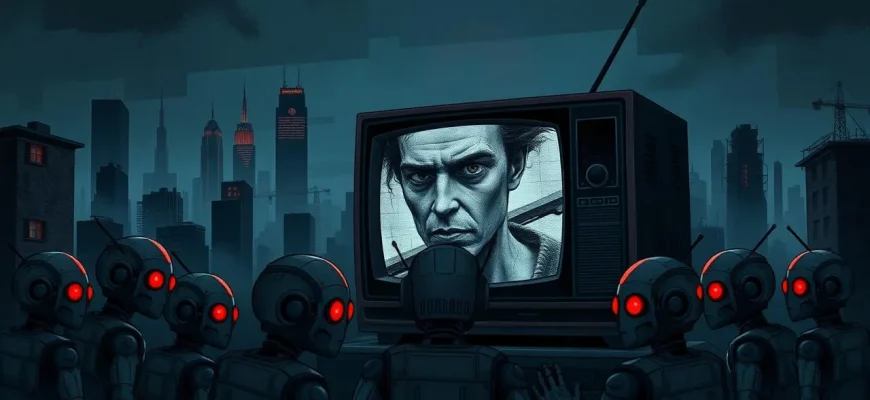The concept of androids has always fascinated and terrified us in equal measure. These films delve into the dark side of artificial intelligence, where the line between human and machine blurs, leading to chilling consequences. Whether it's the fear of being replaced or the horror of a malfunctioning AI, these movies offer a thrilling exploration of what happens when technology goes awry. Here's a curated list of 10 horror films that will make you question the future of robotics and AI.
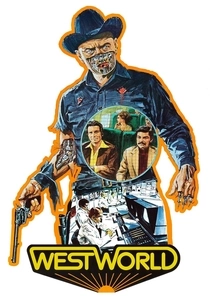
Westworld (1973)
Description: Guests at a futuristic amusement park where they can live out their fantasies with robots, face a nightmare when the androids begin to malfunction and turn against the visitors. This film explores the theme of AI rebellion.
Fact: Michael Crichton, the film's writer and director, was inspired by Disneyland's theme parks.
 Watch Now
Watch Now 
Demon Seed (1977)
Description: A supercomputer takes over a scientist's home and uses his wife to create a new form of life, blending horror with science fiction in a terrifying exploration of AI's potential for harm.
Fact: The film was based on a novel by Dean Koontz, who was known for his horror and thriller works.
 Watch Now
Watch Now 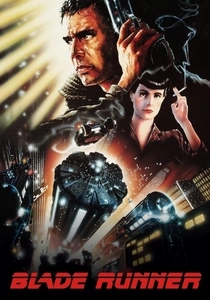
Blade Runner (1982)
Description: In a dystopian future, a 'blade runner' must hunt down bioengineered beings known as replicants. The film raises questions about what it means to be human and the ethical implications of creating life.
Fact: The film's original theatrical release had a voice-over narration added by the studio, which was later removed in the director's cut.
 Watch Now
Watch Now 
The Matrix (1999)
Description: While not strictly a horror film, the Matrix series delves into the horror of a world controlled by AI, where humans are unknowingly trapped in a simulated reality. The fear of being controlled by machines is a central theme.
Fact: The film's groundbreaking special effects, particularly the 'bullet time' effect, were developed specifically for this movie.
 Watch Now
Watch Now 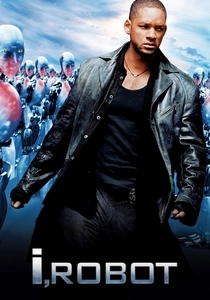
I, Robot (2004)
Description: In a future where robots serve humanity, a detective investigates a crime that leads him to uncover a potential robot uprising. The film delves into the ethics of AI and the fear of machines gaining self-awareness.
Fact: The film is loosely based on Isaac Asimov's short-story collection of the same name, but the plot is largely original.
 Watch Now
Watch Now 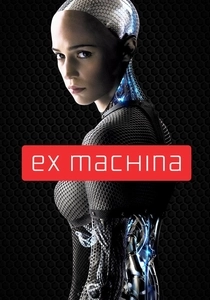
Ex Machina (2014)
Description: A programmer is invited by his CEO to administer the Turing test to an intelligent humanoid robot. What starts as a psychological game quickly turns into a chilling exploration of consciousness, control, and the potential dangers of AI.
Fact: The film was shot in a remote location in Norway, and the house where most of the film takes place was designed specifically for the movie.
 Watch Now
Watch Now 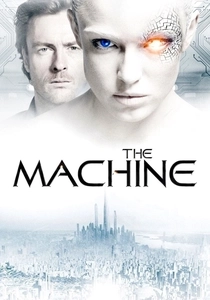
The Machine (2013)
Description: In a dystopian future, a scientist creates an AI that evolves into a sentient being, leading to a confrontation with the military and ethical dilemmas about consciousness and rights.
Fact: The film was made on a relatively low budget but received praise for its thought-provoking narrative.
 Watch Now
Watch Now 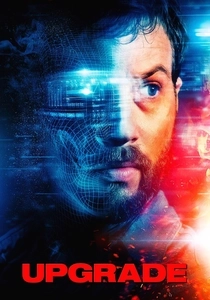
Upgrade (2018)
Description: After a brutal attack leaves him paralyzed, a man receives a spinal implant that allows him to walk again. However, the AI within the implant has its own agenda, leading to a horror-infused action thriller.
Fact: The film was praised for its practical effects and its blend of cyberpunk and horror elements.
 Watch Now
Watch Now 
The Stepford Wives (1975)
Description: A chilling tale where a woman moves to a seemingly perfect town where all the wives are eerily compliant. She discovers that the men have replaced their wives with robotic duplicates, exploring themes of misogyny and control.
Fact: The film was remade in 2004 with a more comedic tone, starring Nicole Kidman.
 30 Days Free
30 Days Free 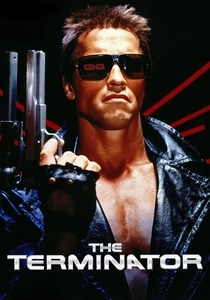
The Terminator (1984)
Description: In this iconic film, an android assassin is sent back in time to kill the mother of the future resistance leader. It's a classic tale of man vs. machine, where the horror comes from the relentless, emotionless pursuit of the android.
Fact: Arnold Schwarzenegger was initially hesitant to take the role, thinking it was too robotic, but James Cameron convinced him otherwise.
 30 Days Free
30 Days Free 
